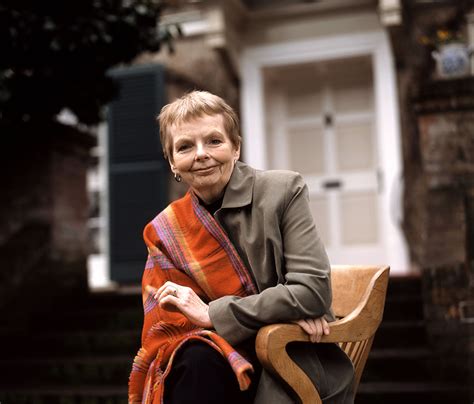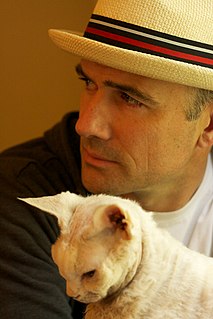A Quote by Christina Dodd
...the pain of the constant, bone-chilling loneliness she'd accustomed herself to. And learned to live with it.
Quote Topics
Related Quotes
My mom is just authentically herself all the time. She loves herself. She loves her sense of humor. She brings people in when she talks. She brings people in when she laughs. Watching her, I think that that's when I first learned and was encouraged to be myself and to sort of love and live in that way.
Fiction is one of the few experiences where loneliness can be both confronted and relieved. Drugs, movies where stuff blows up, loud parties - all these chase away loneliness by making me forget my name's Dave and I live in a one-by-one box of bone no other party can penetrate or know. Fiction, poetry, music, really deep serious sex, and, in various ways, religion - these are the places (for me) where loneliness is countenanced, stared down, transfigured, treated.
She emptied herself of Fabio and of herself, of all the useless efforts she had made to get where she was and find nothing there. With detached curiosity she observed the rebirth of her weaknesses, her obsessions. This time she would let them decide, since she hadn't been able to do anything anyway. Against certain parts of yourself you remain powerless, she said to herself, as she regressed pleasurably to the time when she was a girl.
Because the enormous narcissism of their parents deprived Will and Tom of suitable role models, both brothers learned to identify with absence. Consequently, even if something beneficial fortuitously entered their lives they immediately treated it as temporary. By the time they were teenagers they were already accustomed to a discontinuous lifestyle marked by constant threats of abandonment and the lack of any emotional stability. Unfortunately, "accustomed to" here is really synonymous with "damaged by.
She had, without realizing it at the time, learned to follow Nick's gaze, learned to learn his lust...his desires remained memorized within her. She looked at the attractive women he would look at...She had become him: she longed for these women. But she was also herself, and so she despised them. She lusted after them, but she also wanted to beat them up. A rapist. She had become a rapist, driving to work in a car.


































